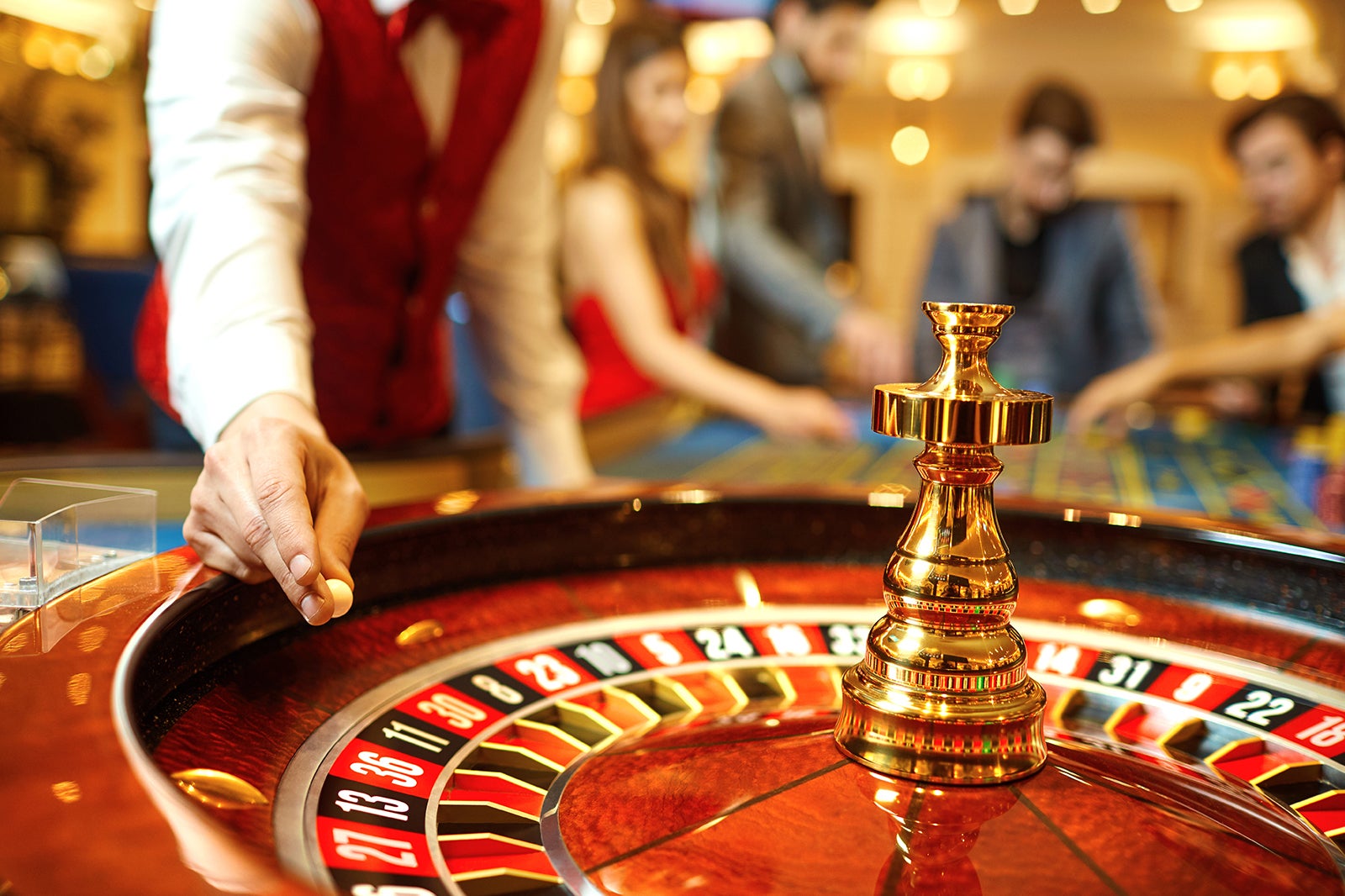
Casino activities have fascinated enthusiasts for centuries, pulling them into a realm of thrill, fortune, and prosperity. From the sparkling lights of slot machines to the strategic intensity of poker tables, these experiences offer a unique combination of entertainment and risk. However, below the surface of this glitz and finesse lies a sophisticated interplay of math that influences every conclusion and choice made within the gambling establishment.
Understanding this connection between casino games and math not only improves the playing experience but may also help participants make knowledgeable choices. Whether you are a recreational gambler or a avid fan, recognizing the numerical strategies at play can give valuable understandings into likelihood, ratios, and tactics, finally affecting how one deals with these games of luck.
Statistical Likelihood in Betting
In the sphere of gambling games, statistical likelihood plays a critical role in assessing outcomes and informing gambler decisions. Each activity has a specific set of regulations and a particular likelihood framework that influences its dynamics. For example, in games like roulette, players must grasp the chances of hitting a particular number or color. The probability of certain occurrences happening can be assessed, and this understanding can substantially affect betting tactics.
Gambers also need to be cognizant of the casino advantage, which is the mathematical benefit that gambling establishments hold over gamblers in the long term. This advantage varies across different activities. In 21, expert players can use tactics to reduce the house advantage to as low as one %, while in activities like slots, the house edge can be substantially larger. Comprehending the casino edge allows players to make informed choices about which activities to play and how much to bet.
Additionally, likelihood is fundamental in the concept of danger versus reward in gambling. Each bet carries a particular risk factor, and players must assess the possible payout against that danger. non GamStop casino Activities like the poker game require players to not only calculate the odds of their own showing winning but also to assess the likelihoods of their opponents’ hands. By applying statistical principles to their gameplay, players can boost their chances of winning and participate more strategically in the thrilling world of gambling activities.
Anticipated Value in Casino Activities
When talking about gambling games, one of the basic ideas rooted in mathematics is the expected worth. This statistical metric helps gamblers understand the possible results of their wagers over a period. In basic terms, anticipated worth (EV) determines the mean amount a gambler can anticipate to win or lose per bet if they were to play the activity many times. Each activity has its unique EV, influenced by the probabilities and the casino advantage, which indicates the benefit that the gambling establishment holds.
For example, consider a game like roulette. The expected value can be derived based on the specific wager made. If a player bets on a single number, the return is 35 to 1, but the true chances of winning that wager are 1 in 37 (in Euro roulette). This results in a detrimental anticipated value, showing that, on average, players will lose money over time when playing this type of bet. Understanding this concept allows players to make better educated decisions about which games and wagers may be less advantageous.
Furthermore, the exploration of anticipated value can lead to better bankroll management. Gamblers who understand the mathematics behind their games are often able to set practical goals. By acknowledging their potential deficits and gains, they can adjust their playing strategies accordingly, which may improve their overall gambling experience. As a consequence, anticipated value serves as a critical tool for both novice and seasoned gamblers to steer through the often unpredictable character of gambling activities.
Strategies and Odds: The Mathematics Behind Winning
In casino games, understanding the probabilities is vital for gamblers looking to boost their likelihood of winning. Each activity has its own distinct set of probabilities that dictate winning results, and these numbers are often located in the game’s guidelines or payout tables. For instance, in activities like blackjack, players can improve their probabilities through methods such as tracking cards, which is based on math principles to gain an advantage over the casino. By familiarizing themselves with the probabilities, participants can make more informed determinations on when to bet and when to fold.
Furthermore, the concept of expected value holds a significant function in gaming tactics. Expected value determines the typical outcome of a stake over the long run, allowing participants to evaluate whether a certain wager is worth taking. For example, fruit machines have a specific return percentage, which can show the expected profit a player can expect on their stakes. By selecting activities with better average outcomes, players can lessen the casino edge, maximizing their future winnings in the over time.
Lastly, successful players often employ a combination of luck and math strategy to enhance their gaming experience. While chance is uncontrollable, managing a wagering approach based on calculative ideas can lead to more positive results. By making use of techniques such as money management and choosing games, players can utilize math to maneuver through the unpredictable nature of gambling activities, making the most of their efforts and resources at the casino.
